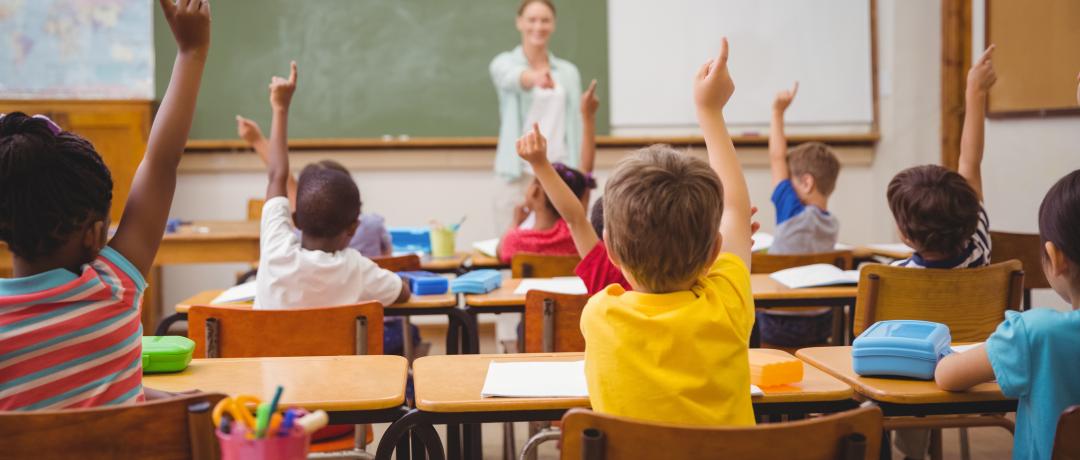The young generation: from school, screens, and stress to the hope of the future
Although most young people in Denmark are still thriving, more and more of them are suffering from low wellbeing. Reports, measurements and studies from recent years confirm that the problem is both real and growing. This report maps the lack of wellbeing among young people in today’s Denmark and examines what may be the causes of their increasing low wellbeing. In continuation of this, we suggest a number of areas for improvement as well as concrete solutions to how to reverse the trend of declining wellbeing reported by children and young people. Explore this executive summary of the report to see the key findings and recommendations.
Increasing levels of low wellbeing among young people is a societal problem for at least two reasons: Firstly, experiencing low wellbeing is bad as it is. The very idea underpinning a rich society is that it gives as many people as possible the opportunity to thrive. And secondly, low wellbeing may lead to higher public spending in future in terms of increased treatment costs and reduced labour supply. At a time when the welfare state is already under massive expenditure pressure, this is going in the wrong direction.
When more and more young people are suffering low wellbeing, it is natural to start exploring which changes in today’s society may be to blame. Our analyses suggest that young people are very concerned about future temperature rises and climate change. The analyses also indicate that social media may contribute to giving young people a distorted picture of what normal life looks like. We have also examined whether increasing pressure to perform in the education system contributes to young people’s growing feeling of low wellbeing. And it actually turns out that it has become more important to them to be among the top students at higher secondary level, which may be contributing to a sense of performance pressure.
In this report, we take the wellbeing crisis and its consequences seriously. But there are also glimpses of good news. The education level among young people has risen dramatically in recent decades. And one analysis in the report shows that children of immigrant descendants are now doing just as well in primary and lower secondary school as children of ethnic Danes, when factoring in differences in socioeconomic background.
Based on the report’s analyses, our review of the literature and a new expert panel with a number of Denmark’s leading experts specialising in youth and wellbeing, we have drawn up an action plan setting out a number of concrete proposals that have the potential to improve the wellbeing of young people. The action plan has been signed by the Small Great Nation team and five other experts who have contributed crucial knowledge that lies outside the traditional field of economics.
The themes of the report
- • Young people's wellbeing
• Youth in flux
• Primary school
• Tertiary education
We hope you enjoy reading and engaging in our findings.
Download the executive summary in English
Visit this page to download the full report in Danish




